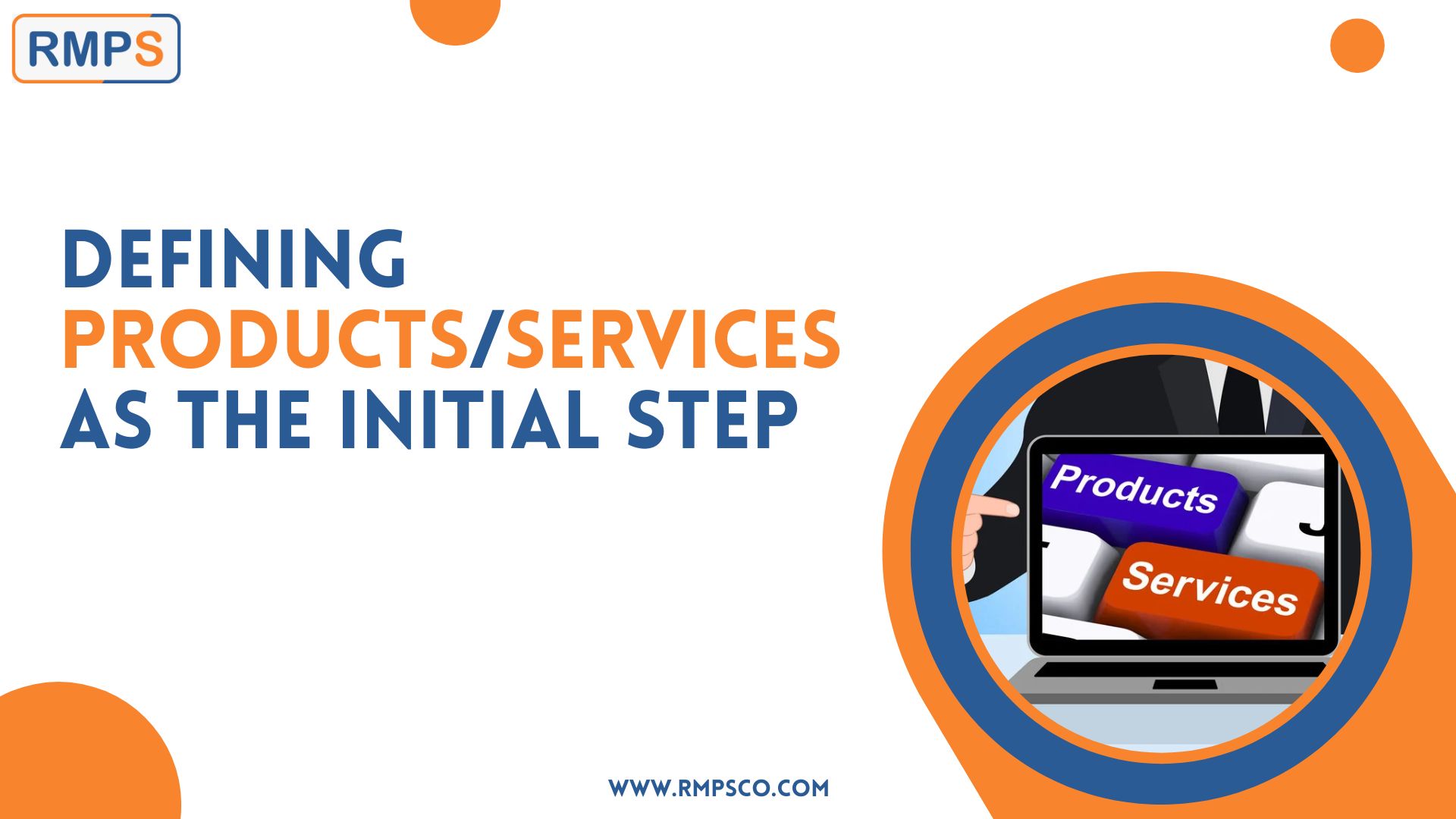13 Mistakes to Avoid while Preparing GST Invoice Data
Invoicing your sales under the GST regime is not just a routine task; it’s a crucial aspect that demands precision and adherence to compliance standards. Every taxpayer registered under GST must master the art of preparing GST invoice data to ensure smooth business operations and seamless tax filing. However, amidst the complexities of GST regulations, […]
Simplifying GST Reconciliation and Return Filing with AI: A Guide for Businesses
In the dynamic landscape of taxation, Goods and Services Tax (GST) compliance stands as a pivotal responsibility for businesses. However, navigating the intricacies of GST reconciliation, return filing, and identifying fraudulent activities like fake invoices and registrations can be daunting. Fortunately, advancements in Artificial Intelligence (AI) have made these processes more accessible and efficient than […]
Understanding TDS Section 194A: A Comprehensive Guide
Tax Deducted at Source (TDS) plays a pivotal role in India’s tax system, ensuring timely collection of taxes on various income sources, including interest earned on fixed deposits (FDs). Section 194A of the Income Tax Act, 1961, specifically addresses TDS deduction on interest payments, excluding those on securities. Let’s delve deeper into the nuances of […]
Simplifying GST Registration for the Automobile Industry: A Game Changer
In the labyrinth of India’s tax structure, the Goods and Services Tax (GST) emerged as a beacon of simplicity, promising to revolutionize various sectors, including the automobile industry. Since its inception, GST has streamlined tax procedures, eliminating the burden of multiple taxes and ushering in a new era of uniform taxation. In this blog post, […]
Analysing Key Resources in Business with Effective Business Model!
In the dynamic landscape of business, success often hinges on the strategic allocation and utilization of key resources. Resources form the backbone of an organization’s competitive advantage and sustainability. Join me as we delve into the art and science of analyzing key resources in business, unlocking insights that can propel companies towards greater prosperity and […]
Understanding GST Revocation After Cancellation of Registration
In the realm of taxation, particularly within the framework of Goods and Services Tax (GST), understanding the nuances of registration and its potential cancellation is crucial for businesses. However, what happens when a GST registration is cancelled and a business wishes to reverse this decision? This is where the concept of GST revocation after cancellation […]
Taxpayers: Enhanced Features Coming to the GST Portal
Introduction: As the digital landscape evolves, the Goods and Services Tax Network (GSTN) is committed to enhancing user experience on its portal. Scheduled for launch on May 3rd, 2024, a series of upgrades promise to streamline navigation and provide easier access to information for taxpayers across India. Key Enhancements: Implementation Timeline: These changes are set […]
Crafting Your Business Foundation: Defining Products and Services
Embarking on a new business venture is an exciting journey filled with possibilities. However, before diving into the intricacies of operations and marketing, the first crucial step is defining the core offerings: products and services. In this blog post, we’ll delve into the significance of defining products and services as the foundational step of any […]
Navigating Financial Constraints: Solutions for Businesses with Limited Funds
In the challenging landscape of business, financial constraints are a reality that many entrepreneurs and small business owners face. Limited funds can often feel like a roadblock to growth and innovation. However, with the right mindset and strategic approach, businesses can navigate these constraints and thrive. In this blog post, we’ll explore some practical solutions […]
GST on Renting of Residential Property in India
Introduction:In India, the Goods and Services Tax (GST) has brought significant changes to the taxation system, including the renting of residential properties. Since its implementation on July 1, 2017, the GST law has undergone several amendments, particularly concerning the taxation of residential rental properties. This blog aims to provide a comprehensive understanding of the GST […]










